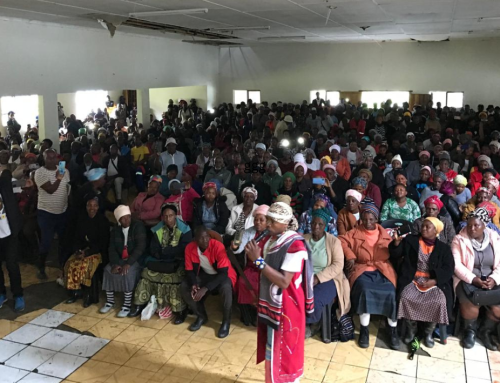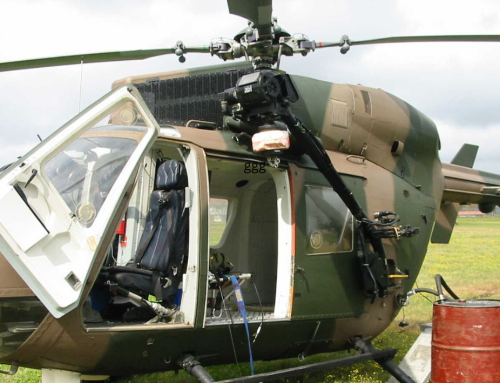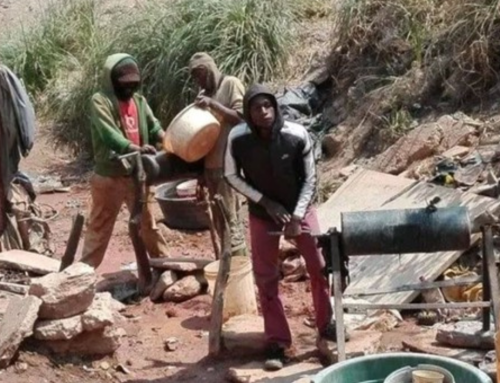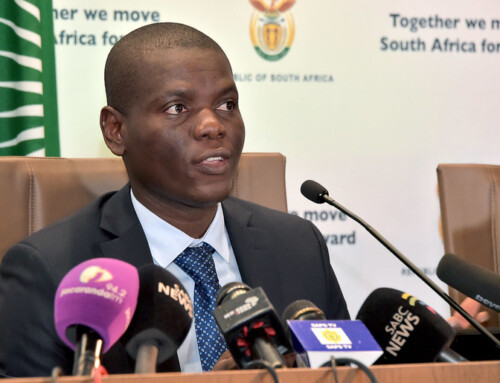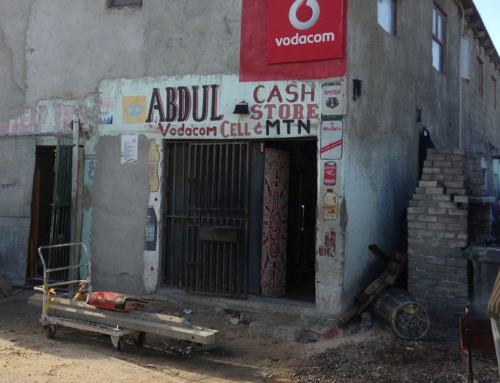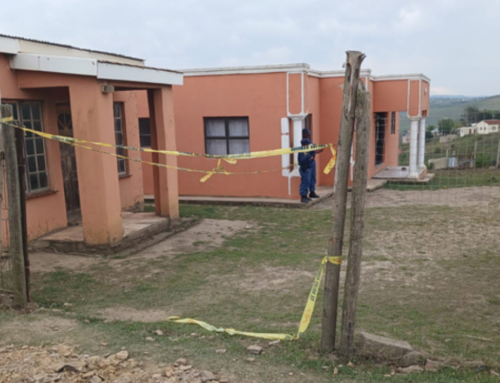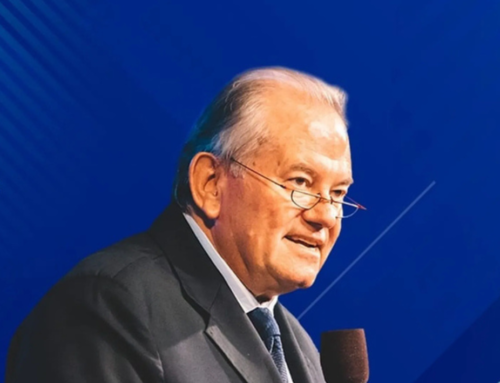Speech in the National Assembly by Deputy Minister of Defence and Military Veterans Mr Bantu Holomisa, MP during the Budget vote 23 and 26 Defence and Military Veterans
Check against delivery
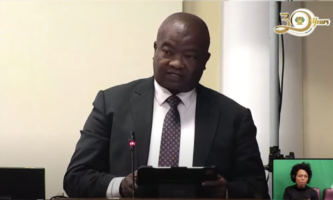 • Honourable Speaker
• Honourable Speaker
• Honourable Minister of Defence and Military Veterans, Ms Motshekga
• Honourable Minister and Deputy Ministers
• My fellow Deputy Minister, Mr Mkhungo
• Honourable Members
• SANDF leadership
1. Introduction
With the Government of National Unity (GNU) in place, the voters have a legitimate expectation that it will work for the betterment of all. We look forward to President Ramaphosa outlining the resolutions taken at the Cabinet Lekgotla.
One thing is certain, it will not be business as usual. The economic growth of the country is in jeopardy and can only be stabilised once the safety and security of the country is no longer compromised.
In a short space of time, we have signalled to our Commander in Chief and the Minister of Finance that urgent attention needs to be paid to the requirements of the SANDF. This is essential to address the challenges we face and to ensure that we are in a state of readiness, especially given the current threat of the climate crisis that South Africa is facing.
Our predecessors, the Joint Standing Committee on Defence and the Defence Force Service Commission, have, over a period of time, raised concerns indicating that we are falling short on various scores.
2. Military Veterans
Regarding Military Veterans, I want to highlight the issue of pensions for SATBVC civil servants and military veterans, which President Ramaphosa instructed the Minister of Finance and the Deputy President to address in the State of the Nation Address in 2023.
On the question of Military Veterans and their benefits we look forward to an in-depth briefing on the progress made by the Presidential Task Team on Military Veterans and also speedily attend to their calls for housing, medical and pension benefits.
3. On the need to reshape the SANDF?
The newly sworn and appointed Ministerial Team in the Department of Defence and Military Veterans may have to face the daunting tasks and a responsibility to reshape the Defence Force.
However, any new ideas from us would have to be translated into rigorous analytical processes, popularly known in the military circles as an “Appreciation Process” to generate executable plans within the financially constrained situation in the country.
Does South Africa require a Defence Review of sort? Undoubtedly so, the answer is a Big “NO”, since the 2015 Defence Review is still relevant and effort was never made to implement it, because of the Country’s financial constraints. However, new plans based on appreciation of the current realities can be drawn from it without wasting precious time.
In the face of the vulnerability of the South African troops in the volatile operational theatres, recovery plan of action would require hard and tough decisions for the short-term, and which can help provide a breathing space towards respective medium to long term deliberate interventions by the GNU.
However, when our troops are deployed on peacekeeping missions, they must be properly equipped and given clear orders. The National Security Council should, from time to time keep, brief the Executive, Parliament and public on the peacekeeping missions and they should be subject to review with a view of keeping our active troops safe.
4. Pragmatic approach
In reshaping the future, the SANDF we need to look into and not limited to the following:
• review the Officer Training Curriculum at entry level and tailor-make it to breed calibre fit for the sharp end,
• introduction of Special Strategic Level Programmes for all senior leadership and Counter Insurgency (COIN) Warfare Training for combat formations, as well as a rejuvenation of the force by enrolling young recruits. We have friends all over the world with whom we can partner to offer our SANDF personnel bridging courses on the latest modes of warfare, troop safety, technology, and weaponry.
• finalising and implementation of initiatives on Public/Private Partnerships (PPP) with the Defence Industries,
• acquisition and development of special technology capability,
• and routine maintenance of existing equipment in our inventory, etcetera.
The command element, working hand in glove with the Secretary of Defence, must not forget the principles of war: training, discipline, control, speed, and surprise. It is your responsibility to keep morale high.
There is an expectation of rigorous training among our service men and women; they must be transformed into a confident force. Promotion policy must be transparent and based on the completion of relevant courses.
After the GNU Lekgotla this past weekend, we are cautiously optimistic that the current government recognises the needs of the Department of Defence and Military Veterans. We believe that through budgetary interventions, we will be able to bring about significant changes in the SANDF.
If and when this happens, we need the command structure to be prepared to acquire quality equipment, such as boots and uniforms, for the service men and women, and ensure that the budget is well spent.
Lastly, I wish to pass my condolences to those who recently lost their lives on duty.
I thank you



